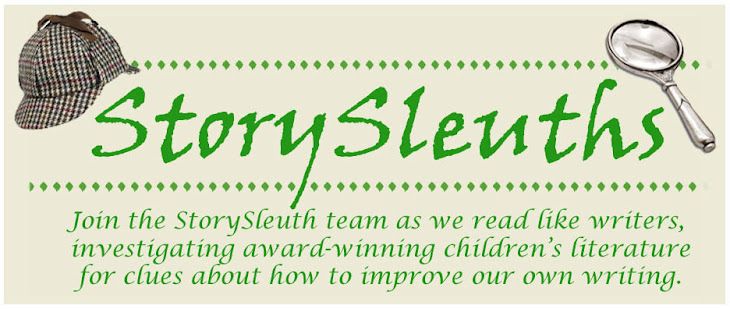Hi Allyson,
I've been wondering how Alexie gets me to care so much, as a reader, about his characters. I think he's brilliant at using a wide variety of ways to develop the characters, and their relationships with one another, so that I'm continually surprised. These three chapters develop Junior's relationships with three different characters in three different ways.
This is the first time Alexie has shown us a character from a point of view different from Junior's. In "My Sister Sends Me an E-mail," we see Mary through her own eyes, or rather, through her own words, as she sends Junior an e-mail about her life in Montana. It's a place he has never been, her "dream come true." And because readers aren't shown, or told, Junior's response to the e-mail, we can leap into the pages of the book, right into Junior's shoes, and read the e-mail as if we were him. I wondered: would he have felt the same foreboding I felt in her jubilant: "I love my life! I love my husband! I love Montana!"?
In "Thanksgiving," we see the changing relationship between Rowdy and Junior through action--no words are exchanged between them. When Junior looks up at Rowdy's window, Rowdy gives him the finger, but he is also holding Junior's cartoon, which indicates to Junior that "maybe he still respected me a little bit."
And in "Hunger Pains," Alexie shows us the developing relationship between Penelope and Rowdy by using only dialogue--they don't see one another as they talk through the girls' bathroom door. Junior isn't even aware that it is Penelope he is addressing until she emerges.
There are so many ways to portray characters and their relationships to one another. Engaging readers by using a wide variety of these strategies holds readers' attention and draws readers closer to all of the characters.
Story Sleuths' tip #10: Use different approaches--such as another point of view, action without words, and dialogue devoid of action--to develop characters and explore the relationships between them.
Over to you, Allyson.
Meg




